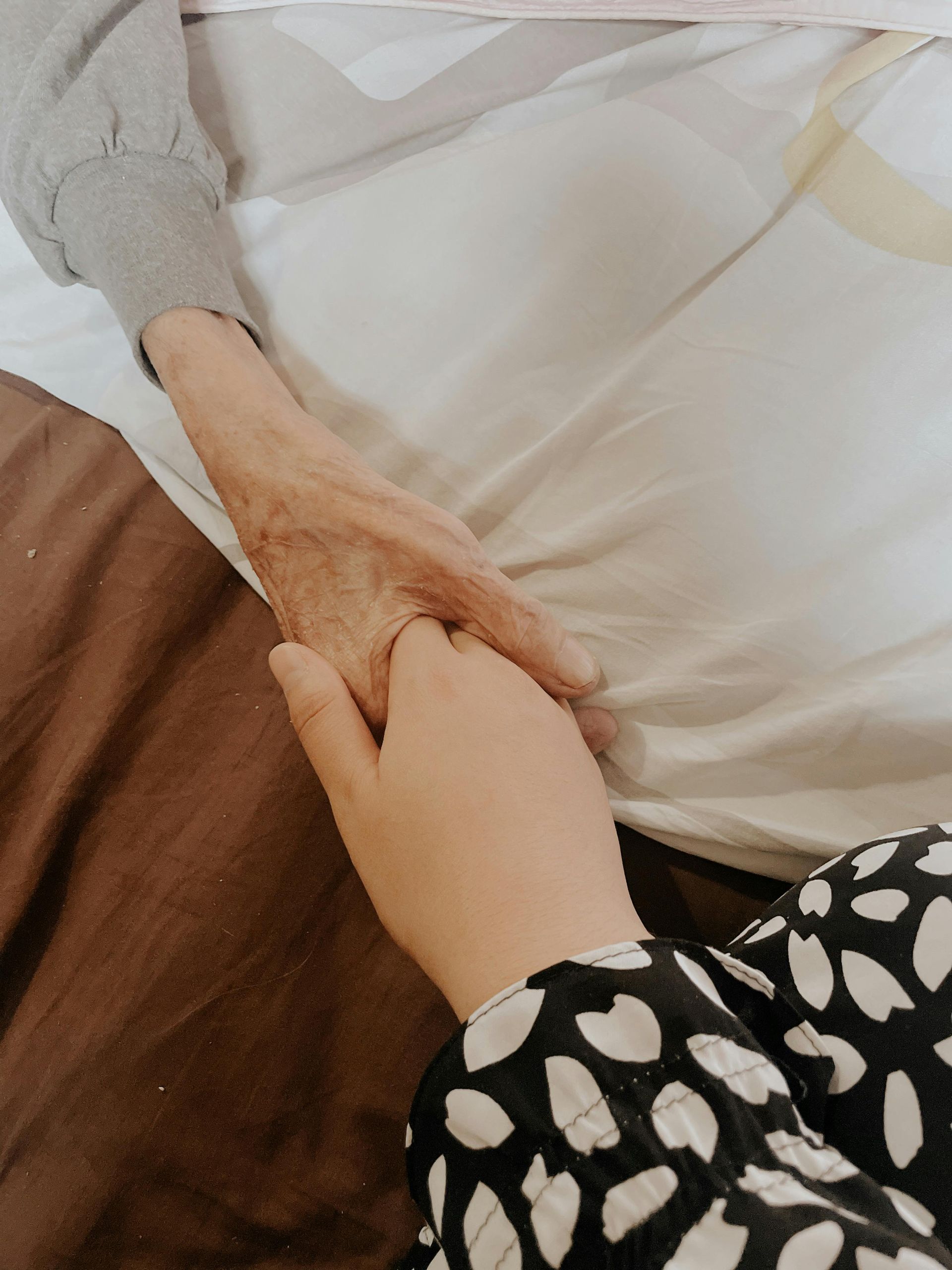What is a Home Plus Facility?
If you’re exploring care options for a loved one in Kansas, you might have come across the term “Home Plus.” But what exactly does it mean? Let's dive into some details of these unique facilities and what they offer.
A Home-Like Setting with a Personal Touch
A Home Plus facility is a residential option for individuals who need extra help with daily activities. Defined by the Kansas Department for Aging and Disability Services, these facilities cater to no more than 12 residents. This small size allows for a more intimate, home-like environment compared to larger, more institutional settings.
Who Benefits from Home Plus?
Home Plus is designed for individuals who, due to functional impairments, require personal care and may also need supervised nursing care. This could include assistance with activities such as bathing, dressing, and medication management. The goal is to provide support while maintaining a sense of independence and normalcy for the residents. Essentially, they are like assisted living facilities but smaller, with private suites and some communal spaces.
One important distinction to note is that Home Plus facilities are licensed only by the state of Kansas. This means they adhere to state regulations and standards. Medicare will cover the same items in a Homes Plus that they would cover in your own home: supplies, equipment, and similar items. The difference with Home Plus facilities is that nurses receive orders directly from the doctor and then order the necessary supplies. However, not all Home Plus facilities have contracted doctors. In contrast, if you’re at home, you would need to visit a doctor to obtain equipment orders and then handle the Medicare process yourself, possibly with some assistance from a pharmacy or the doctor’s office.
Medicaid will cover Home Plus through HCBS (Home and Community Based Services) which is a waiver program. In this case, it is called the FE (Frail Elderly) Waiver. However, the Home Plus must be willing to accept and bill Medicaid. Most will not because of the reporting requirements and low reimbursement. Some facilities accept Medicaid but only after two years of private pay or long-term care insurance reimbursement.
Choosing the Right Home Plus Facility
Selecting the right Home Plus facility for your loved one is a crucial decision. Here are some tips to help you make an informed choice:
- Check Inspection Reports: Always review the facility’s inspection reports. These can provide valuable insights into the quality of care and any past issues.
- Contact KABC: You can always reach out to us at KABC to get a free consumer information report on any licensed adult care home in Kansas, which includes Home Plus facilities.
- Visit Unannounced: It’s a good idea to visit the facilities unannounced if possible. This allows you to see the day-to-day operations and get a more genuine feel for the environment.
- Ask Questions: During your visits, ask plenty of questions. Here are a few to get you started:
- What happens in an emergency or a fall?
- How are food preferences honored?
- What are the staffing numbers?
- How often are nurses on site?
- Does your facility offer transportation?
Choosing a Home Plus facility is about finding the right balance of comfort, care, and community for you or your loved one. With thorough research and the right questions, you can make a choice that ensures receiving the best possible care in a warm and supportive environment.
Why Choose Home Plus?
The smaller, more personal setting of a Home Plus facility can be a significant advantage for many families. It often feels more like living in a family home than a traditional care facility. With fewer residents, staff can provide more individualized attention, fostering a closer-knit community and a more personalized care experience.






